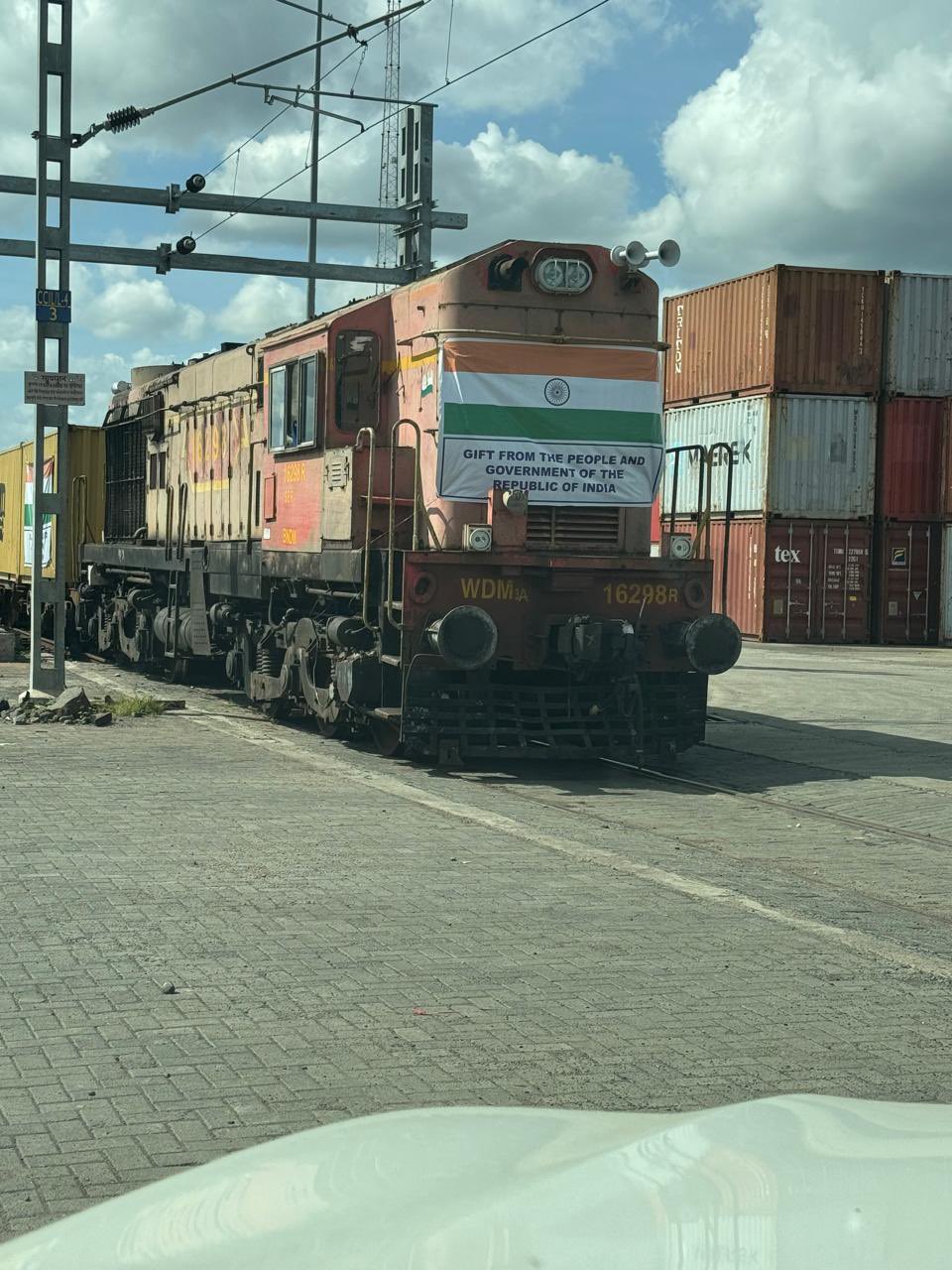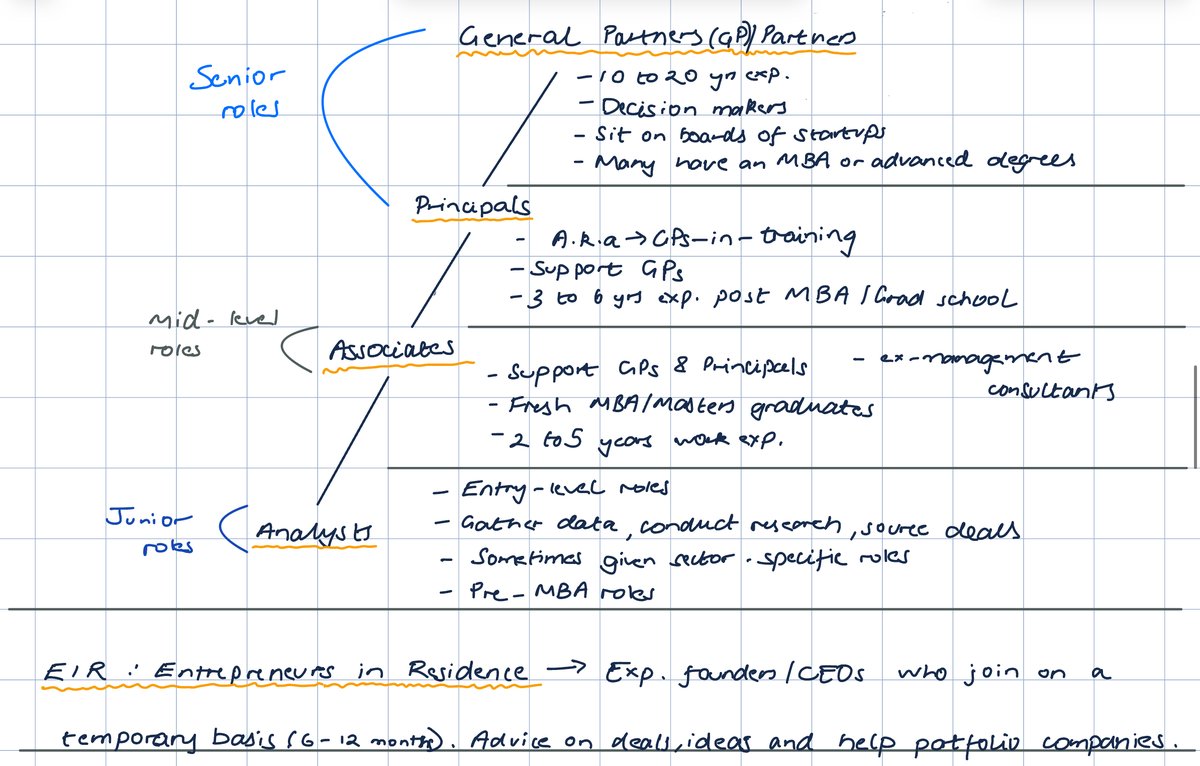Back
Anonymous
Hey I am on Medial • 1y
How to corporate aid ☺️ It’s become all too clear in recent years: Catastrophic acts of nature—hurricanes, tsunamis, earthquakes, wildfires—are happening more frequently and causing more destruction. The annual inflation-adjusted global cost of natural disasters has increased sharply, with the average from 2011 to 2015 reaching four times the average from 1980 to 1985. The number of people affected is rising too, often exceeding 300 million in recent years. But traditional sources of funding for disaster recovery, from governments, nonprofits, and NGOs, have not kept pace. Corporations have stepped in to take up the slack. In 2000 fewer than one-third of the world’s 3,000 largest companies donated anything to disaster relief, but by 2015 the share had surpassed 90%, with the average donation having increased tenfold. Among the 500 largest U.S. companies, the share contributing to disaster relief increased from less than 20% in 1990 to more than 95% in 2014. Seeing this trend, researchers focused on two obvious questions: Does it matter whether the companies furnishing aid have local ties and expertise? And if businesses are spending more in this area, are they and their shareholders benefiting? Ballesteros, of George Washington University, utilized a newly created database listing every reported corporate donation made in response to a natural disaster from 2003 to 2013. (They focused on sudden-onset disasters, excluding slow-developing crises such as famines and heat waves.) Drawing on insurance data and other sources, they tracked the human and economic toll of each incident, the speed at which aid arrived, and how quickly and well regions recovered. In the first study, which examined how disaster-affected societies were helped by corporate aid, the researchers hypothesized that firms with “feet on the ground” and expertise in the region respond more quickly than others after a disaster and that long-term recovery is greater when such companies account for a large share of aid. This hunch didn’t relate only to those companies’ expertise; such firms have a vested interest in getting infrastructure rebuilt and society functioning smoothly so that they can resume doing business. The researchers also hypothesized that firms leveraging resources specific to their day-to-day operations (say, a mining company that lends earthmoving equipment or a delivery company that offers logistical support) have a faster and greater effect than firms that simply write a check. To test their hypotheses, the researchers identified pairs of countries with similar attributes that experienced disasters of comparable magnitude but received different levels and kinds of assistance—aid furnished primarily from locally active firms versus aid from distant companies; aid consisting largely of in-kind help versus monetary donations
More like this
Recommendations from Medial
Dhruv Raghav
Attended Indian Inst... • 1y
Building a platform for researchers that functions like "LinkedIn for Researchers" i. Here are the tools for connecting researchers: Crowdfunding: Enable researchers to raise funds for their projects. Community Validation: Allow researchers to recei
See MoreNilkamal Dey
Research Beyond Boun... • 3m
India: World's Largest Research Workforce Struggles to Deliver Quality Breakthroughs India has a large number of researchers, but the quality of research remains a concern due to various factors. India has relatively low researchers per million popu
See More
Download the medial app to read full posts, comements and news.
















/entrackr/media/post_attachments/wp-content/uploads/2021/08/Accel-1.jpg)


















